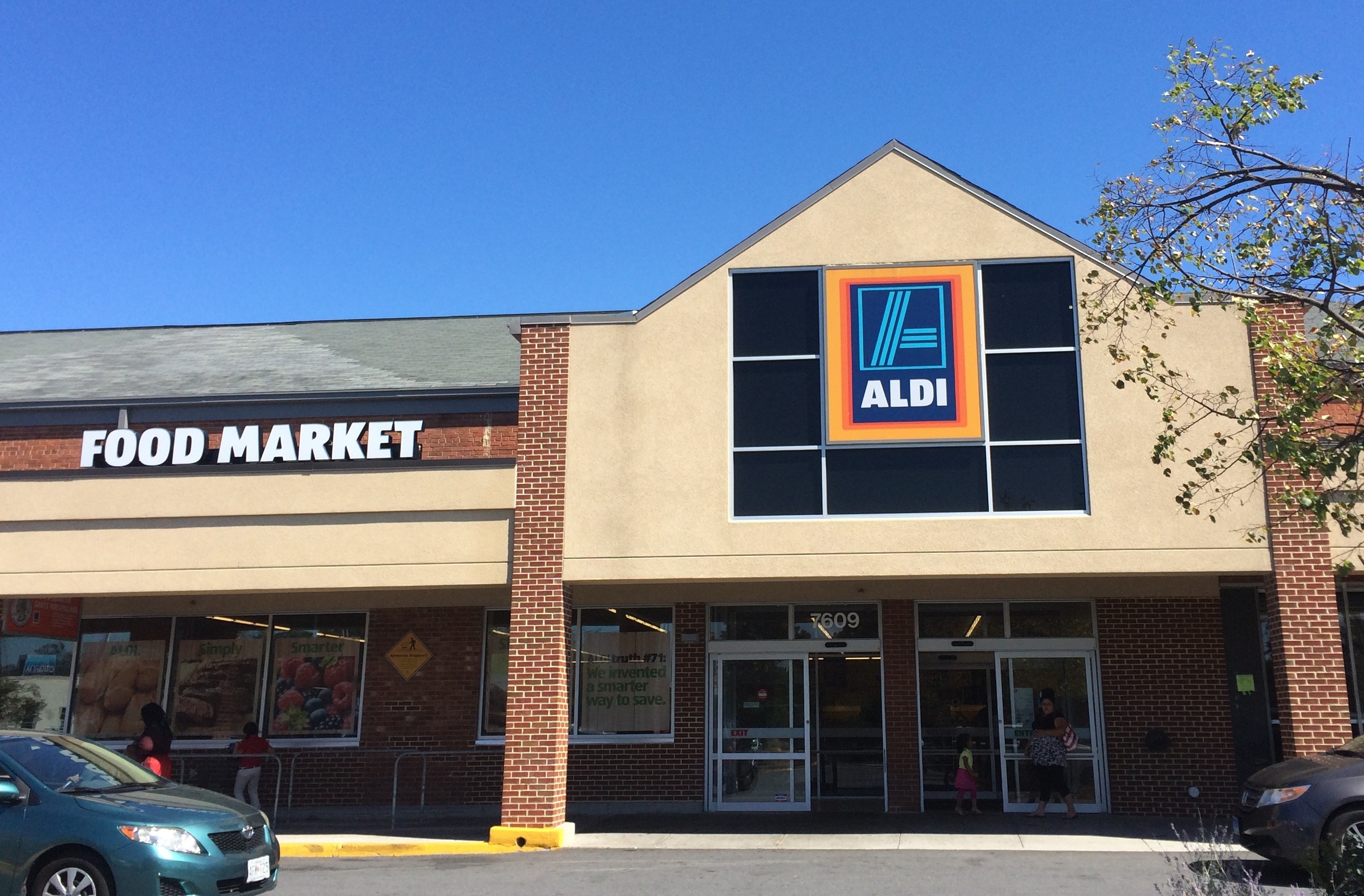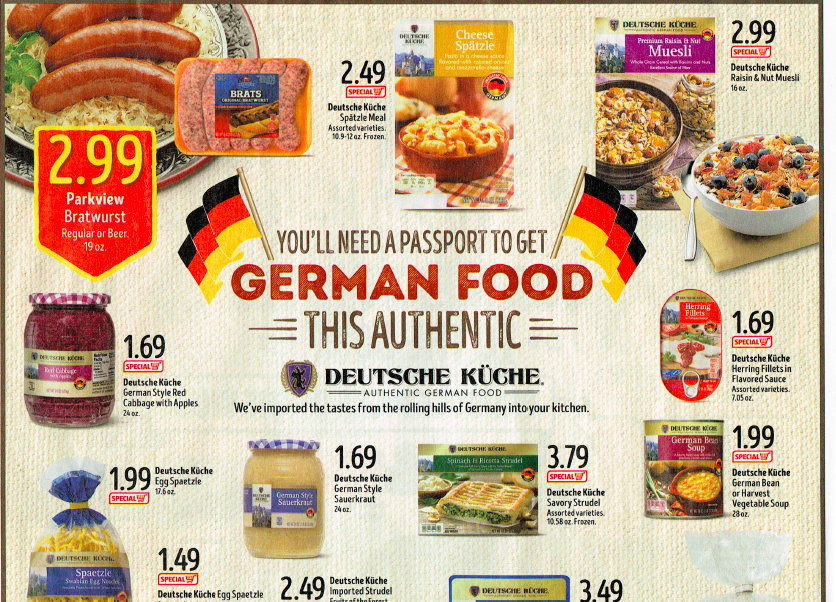
How Could Aldi React to the Lidl Threat?
With the arrival of the German discount chain Lidl in the United States, an interesting game is about to start. While neither Aldi nor Lidl advertise on TV in their German home market, they do in the UK, Ireland, and Australia.
The way Aldi works overseas differs substantially from its business practices in Germany. In my opinion, this versatility is a German “Tugend,” or virtue. German companies are excellent at adapting to their environment. Many German SMEs quietly compete on the American market while being perceived as American brands. Few people are aware that Adidas, T-Online, CapriSun, and Haribo are from Germany originally.
Although Aldi never advertised on the German TV, the chain televises ads in English-speaking nations like the UK, Ireland and Australia. The company could implement small updates to any of these commercials to appeal to the American market.
Check out Aldi’s Australian, British, and Irish commercials! They’re all set for Christmas grocery shopping.
Aldi Australia
Aldi Ireland
Aldi UK
Granted, Aldi (and Lidl) often introduce luxury items at low prices before the holidays, which brings greater numbers of existing and new customers to the stores. According to the Handelsblatt, a leading business newspaper, discounters double the number of high-end products before Christmas. This choice is not about turnover but reflects an effort to support the brand’s image of top-quality products.
In Ireland, Aldi uses ads to address consumer concerns such as their campaign promoting local Irish meat. This funny commercial could also work in the States. For maximum effectiveness, Aldi simply would need to adjust the voices in an effortless America-sounding way.
I think it is quite possible that Aldi will reinforce its efforts on America’s digital channels. In November 2014, for example, the company invited several bloggers to explore its store in Chicago. Reports from the resulting blog posts were mainly positive and reached a large audience.
In the UK several days ago, Aldi allowed snowboarders to test ski items. Popular opinion was similarly positive: “The quality is amazing compared to other brands, and it’s a real bargain,” said one reviewer. In the UK and Ireland, Aldi and Lidl are popular enough to merit their own songs on the internet.
Hiring a digital native (carefully to avoid accusations of age discrimination!) seems like a good idea for both Lidl and Aldi. Nowadays, most customers rely extensively on the internet. Going beyond the classical marketing campaign seems like the right way to promote a new brand and its seasonal or niche products.
Aldi has many strengths to highlight in its marketing. For example, it has a great selection of organic and vegan food, yet most American consumers have not demonstrated much interest in these options. Highlighting its budget-friendly options with online and TV marketing will give Aldi the ability to attract new customers before Lidl opens its doors in the United States.



